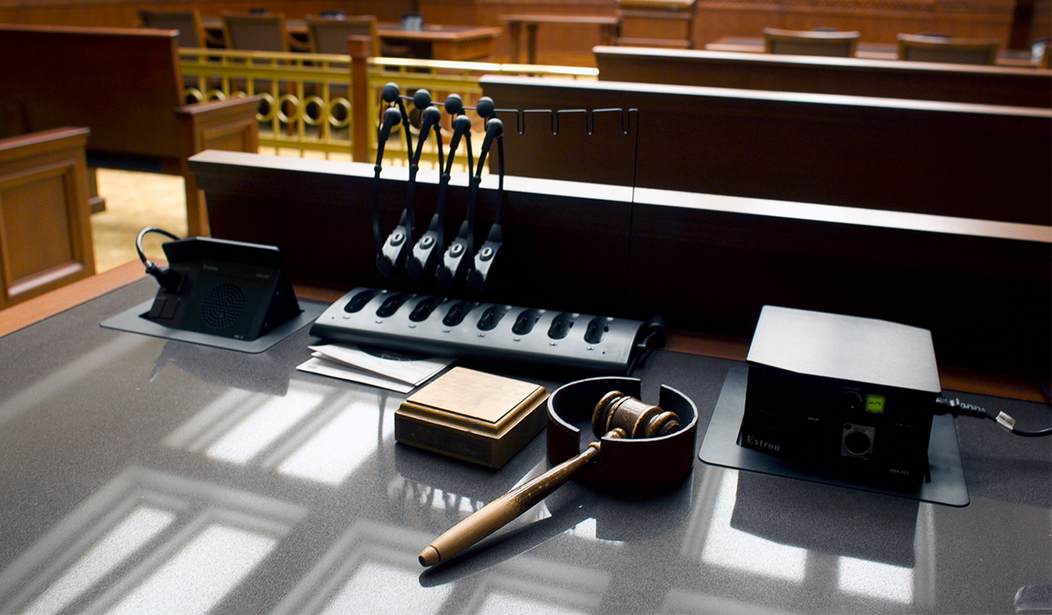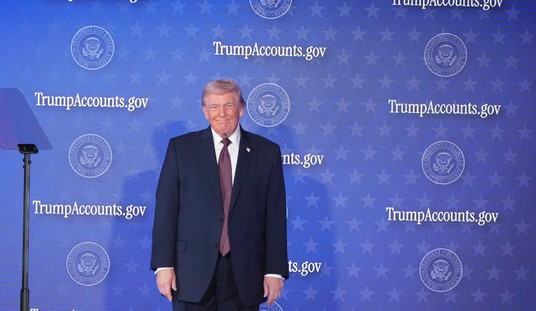As the 2024 election grinds on, you’ll hear a lot more about the online betting markets which have become all the rage amongst politicos and statisticians. These days, you can bet on election outcomes and even the weather. But should you be able to gamble on courtroom verdicts? That is essentially what’s happening within a new trend of litigation finance by third parties, where outsiders not directly involved in lawsuits are providing funding in exchange for a cut of the “winnings.” This could fundamentally change the nature of justice in the United States.
As shown in a 2022 report by the US Government Accountability Office, the third-party litigation finance industry has quickly grown to an estimated $13.5 billion business in a few short years. Litigation finance is becoming an attractive way to attract and accumulate capital for firms.
One notable case involves a medical tech startup leveraging litigation finance to sue a Fortune 500 company they claim stole trade secrets. Another features a food distributor beefing up its lawsuit against meat packers for price-fixing with the help of a Saudi-backed venture fund.
Certain cases are fertile ground for any hedge fund, venture capitalist, or banker who can stomach some risk in exchange for the chance of a big payday, amounting to gambling on lawsuits.
And while the money continues to pour in, there’s a growing recognition that litigants who benefit from outside financing should be forced to disclose that to the bench. Not least because it could have severe implications on cases, but also because of the downstream effect on workers and consumers who rely on firms for goods and services they love.
America already is a highly litigious country, perhaps it was inevitable that courts would become proxy battlegrounds for high-stakes finance and informal betting. This trend is picking up steam because trials in the United States are expensive. Retaining high-quality lawyers to pursue civil litigation can easily rack up hundreds of thousands of dollars in fees, and way more if cases go to trial.
Recommended
For plaintiffs who want their day in court but can’t afford a roster of celebrity lawyers, it may be necessary to tap outside funding. Class action lawsuits help disperse these costs among multiple clients, but trials with a limited scope and impact may rely on litigation funders to get their cases over the finish line.
This matters greatly because the justice system is still perceived as a neutral ground for resolving disputes in business and among individuals. If parties can secure a judgment in an American courtroom, this can help settle broader debates and stave off any future claims and bad behavior, likely saving millions of dollars that would be spent in legal battles.
Unchecked billions flowing into our courts should be a real concern for the integrity of our judicial system. As put by Stephanie Leslie of the California Deposition Reporters Association, “These third parties even enter into contracts and arrangements with court reporting agencies, something happening regularly here in California. It certainly appears improper and as introducing bias into a position that requires the neutrality of an official record keeper. Any business arrangement involving the shorthand reporters should have to be disclosed to all parties involved in that matter.”
At present, this is no legal requirement that litigants disclose to the court whether a third-party stands to gain from a financial settlement. Judges may require this, but it is based solely on their discretion.
That many specialized companies offer money to potential litigants to bank on a positive outcome is undoubtedly a product of the ingenuity of American capitalism.
But what happens when hostile actors begin to do the same to tip the scales of justice?
As researchers and court watchers are now discovering, several foreign-owned firms tied to shady regimes abroad are also aware of this power, and using it to antagonize innovative American companies and bring patents into question. House Oversight Committee Chairman James Comer (R-KY) acknowledged this in a recent letter to Supreme Court Chief Justice John Roberts.
One such example is PurpleVine IP, a China-based firm financing multiple patent lawsuits against Samsung and its US subsidiaries, hoping to unravel some of the proprietary technology found in Bluetooth earbuds.
If that intellectual property is successfully challenged, it could open the floodgates for products once deemed counterfeit to enter the United States and undercut domestic firms.
Many American innovators fear that the same fate could befall those working in the biotech and defense industries, especially as third-party funding has become a mainstay in the Chinese legal system, serving as a new national security concern between the two global superpowers.
To this end, Rep. Darrell Issa (R-Calif.) has joined some of his colleagues to introduce the Litigation Transparency Act to force disclosure of financing provided by third parties in civil lawsuits. Though there have been similar attempts that focused on funding from abroad, this bill simply requires all third-party funding to be disclosed in court. This is a good first step for transparency.
The commodification of lawsuit funding is a somewhat ingenious concept that may indeed help smaller companies win their day in court, but it also opens the door to even more bad-faith participation in the justice system.
Americans deserve a legal system that is not only accountable and fair, but transparent. Those gambling on the outcomes of our judicial system should be able to take the risk, but we deserve to know who they are.
Yaël Ossowski is deputy director at the Consumer Choice Center, a global consumer advocacy group working on legal reform.

























Join the conversation as a VIP Member